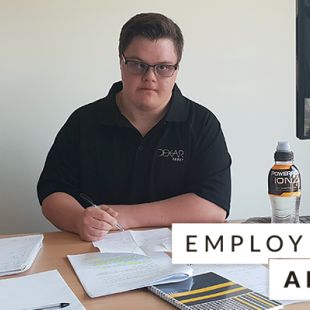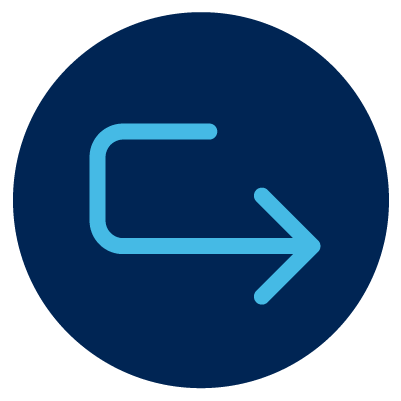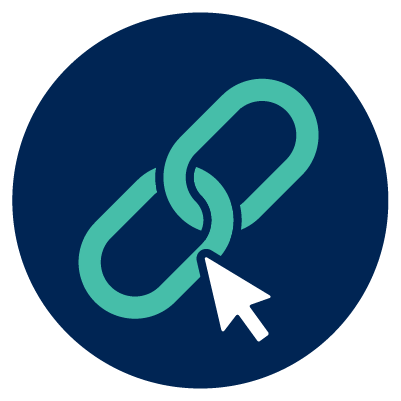How to do well in interviews
An interview is a way for employers to find out more about you and how you can do the job. It’s also your chance to find out more about the employer. Our tips for before, during and after the interview can help you make the most of the experience.
Before the interview
To help you feel prepared there are a few things you can do before the interview. Here are few tips:
Do your research
Find out as much as you can about the employer and the tasks of the job. This helps you think about questions to ask and shows the employer you are interested.
Practise interview questions
Prepare answers to possible interview questions. What skills and experience does the job ask for? How do you meet those? You can ask a friend or family member to practise interviewing you.
Also think about what you would like to know about the job, the workplace and the work arrangements.
You can go to Talking about your disability at an interview and What employers can ask at an interview for more advice.
Think about your needs
If your disability could affect how you perform parts of the job, think about changes or support you might need. For example, will you need changes to your work area, or flexible working hours? You might want to be ready to raise this at the interview. Visit Talking about your disability at an interview for more information.
Plan ahead
If the interview is in person, plan how you will get there. Do a practice run and allow extra time for possible traffic and transport delays. Plan to arrive at least 10 minutes early so you can gather your thoughts before the interview.
If the interview is online, make sure you have the app or software set up on your computer and know the basics of how to use it.
Getting help for your interview
If you need support to take part in an interview because of your disability, you can raise this with the employer in advance. Find out more about the Support you may need for an interview.
At the interview
It is good to think of an interview like a conversation. Remember that you and the employer are both there to get to know each other better. Here are a few tips for the day of the interview.
Make a good first impression
Your interview might be with just one person or with several people at the same time. Introduce yourself to everyone before the interview starts.
An interview starts from the first moment of contact. Be aware of what you’re saying during the ‘small talk’ before the interview questions begin.
Don’t worry about being nervous
Remember that it is normal to be nervous and employers will expect that. You may even choose to tell the employer how you feel. This can help calm you down. Some employers may also see it as a sign that you care about getting the job.
Handle tricky questions
If you can’t think of an answer to a question straight away, don’t worry. Take a moment to think about it. This shows you think things through and don’t panic under pressure.
If you are not sure how to answer a question, ask the interviewer to explain or clarify it. This shows that you’re not afraid to ask questions to get things right. You can also ask to come back to the question later.
Be confident in your responses. Avoid saying ‘I might…’ or ‘I guess…’. You can start your sentences with:
- ‘I can…’
- ‘I will…’
- ‘I know…’
End well
When the interview is over, thank the interviewers for their time.
Explaining gaps in your work history
It is not unusual for people with disability to have periods of time when they were not employed. If you have gaps in your work history, you can explain these in a number of ways. For example:
- if you couldn’t work because of your disability, be honest, but make it clear that you are able and eager to work now
- mention any study, volunteer work or other activities you did during those times
- describe your future career goals and how the job fits into this path.
Questions to ask in an interview
Your chance to ask questions will most likely come at the end of the interview. By asking questions, you can learn what the workplace is like and how they value their people.
Here are a few examples of questions you might ask:
- Can you tell me more about what a typical work day looks like?
- What qualities does a person need to do well in this role?
- Can you tell me more about the team and the people I might work with?
- What are your most important values?
- How important is diversity to you as an organisation?
- What are you doing as an organisation to make everyone feel included?
You might also ask for more information about the salary near the end of the interview. Or you can wait to talk about pay when the employer offers you the job.
After the interview
Don’t be too negative about how you performed in the interview. Each interview you have builds confidence and gives you a chance to improve.
Keep notes
After each interview, make some notes about what happened. Think about what went well and what you could do better next time.
Be patient and follow up
Employers might take a few days or a few weeks to work out who they want for a job. If the employer doesn’t contact you in the time you expected, you might want to call or send a short email to check if there is an update.
Ask for feedback
If you don’t get the job, ask the person from the organisation for feedback. Ask if there were particular reasons why you didn’t get the job. This can help you prepare for future interviews. And remember, if you miss out on one job, that employer may still think of you for a different position.
Tip: As you attend more interviews, it’s a good idea to keep a list of the organisations you have been to. Make sure you have a contact name for each one. You may wish to contact them again in the future.
Related pages
Last updated:
Preparing for success with disability employment interviews
Once you’ve had a person with disability apply for a job, what comes next? Just like with anyone else, it’s time for an interview.
How to do well in interviews
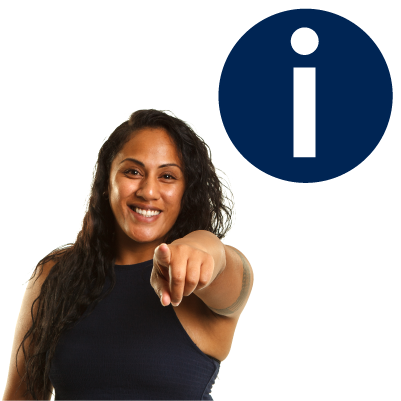
An interview is a way for employers to find out more about you.
And what skills you have to do the job.
Getting ready for the interview
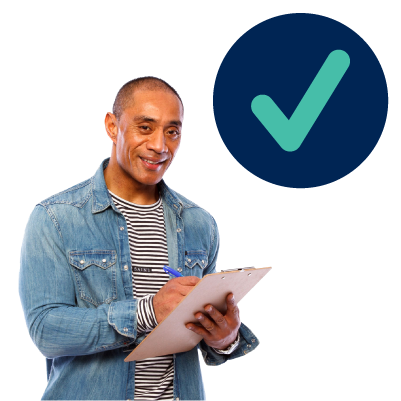
There are some things you can do to get ready for an interview.
Getting ready can help you feel prepared and be your best.

You can use the An employer hires people to work for them. website to find out more about them.
This will help you show the employer that you want this job.
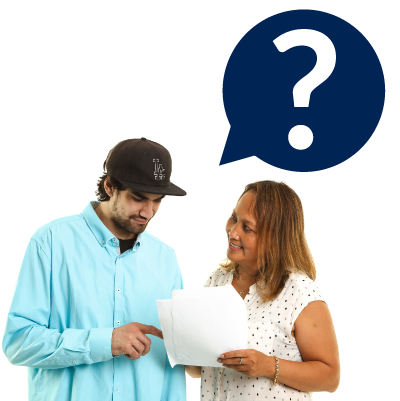
You can think about questions the employer might ask you.
For example, they might want to know about your skills and other jobs you’ve had.
You can also ask someone to practice with you.
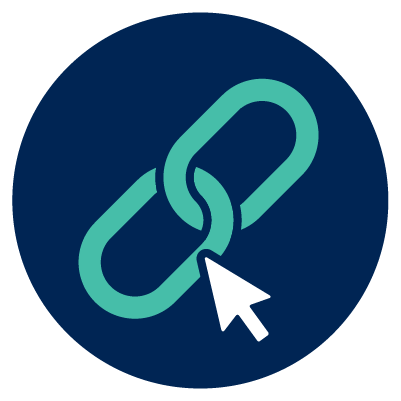
You can find out more on our page about what an employer can ask at an interview.
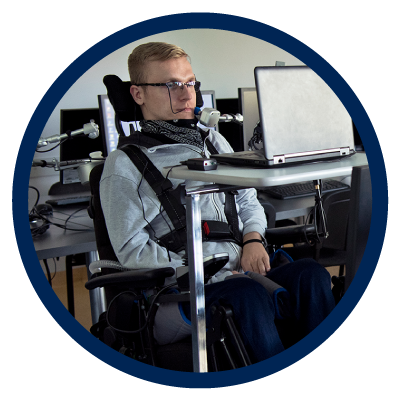
Your disability might affect how you do certain tasks.
For example, you might need to work different hours or get new equipment.
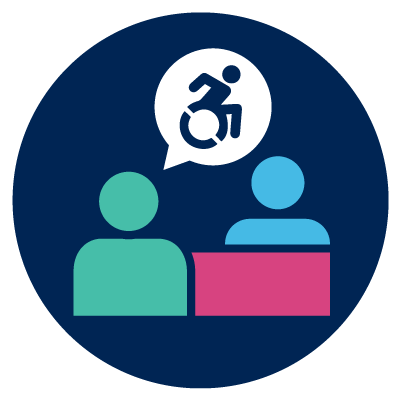
You might want to talk about your disability at the interview.
You can find out more on our page about talking about your disability at an interview.
Getting to the interview
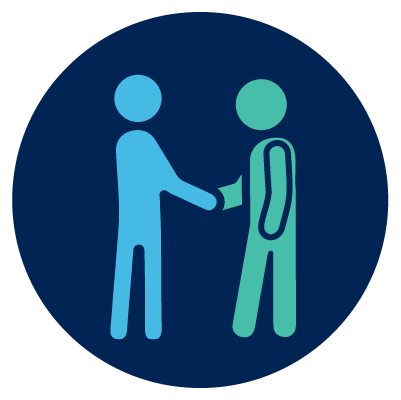
The interview might be in person.
You can think about how you will get there.
For example, by car.
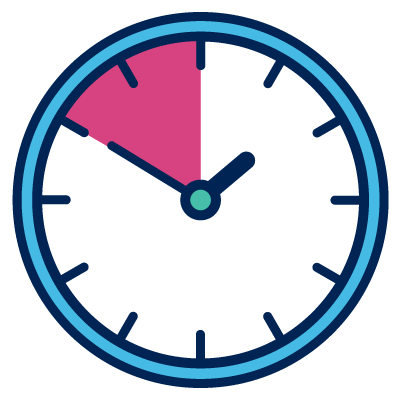
Make sure you give yourself enough travel time.
Plan to arrive 10 minutes before the interview.
You can do a practice run to be sure.
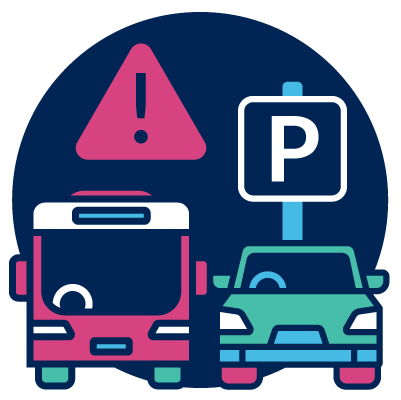
You should think about:
- how much traffic there might be on the day
- if there are any public transport delays
- where you can park.
Online interviews
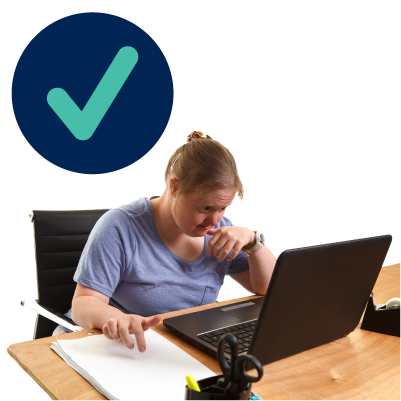
The interview might be online.
Make sure you:
- have a computer
- set up the app or program that the employer wants to use.
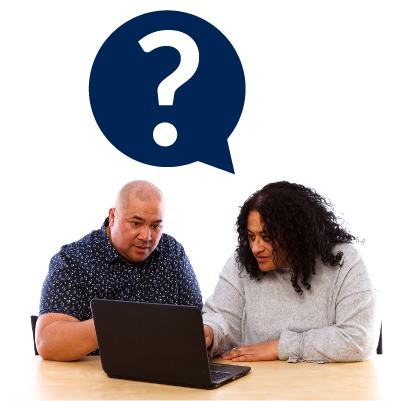
You can also learn how to use the app or program.
Or ask someone to help you.
Getting help for an interview
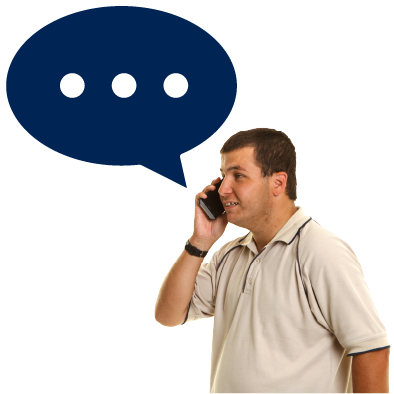
You might need support to take part in an interview because of your disability.
You can talk to the employer before the interview.
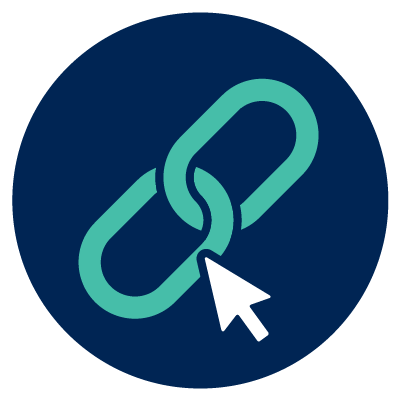
You can also find out more on our page about support you may need for an interview.
At the interview

It’s good to think about an interview like a conversation.
The employer wants to get to know you.
And you can get to know the employer.
Meeting the employer
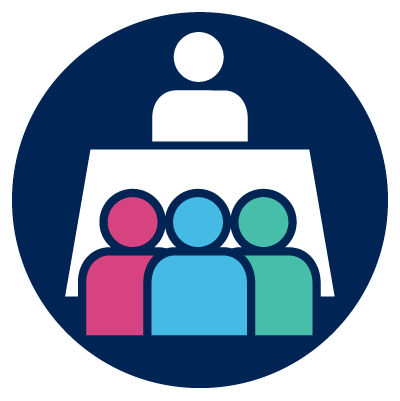
Your interview might be with one or more people.
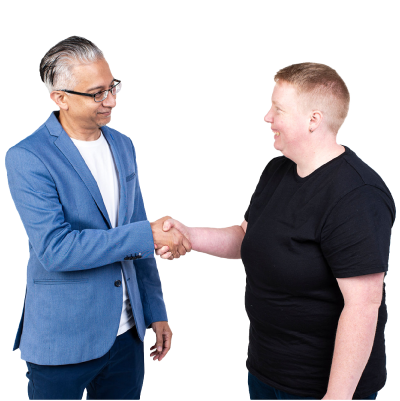
The interview starts when you first meet the employer.
This includes saying hello and talking before the interview questions.
You can introduce yourself to each person at the start of the interview.

It’s ok to be nervous.
You can tell the employer how you feel if you want to.
In the interview
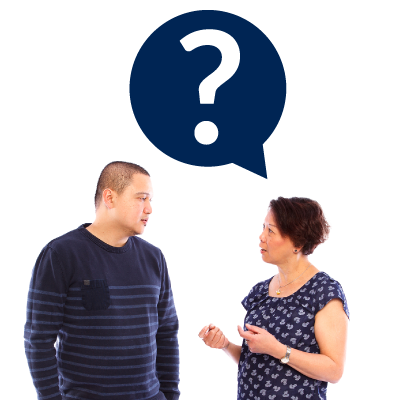
The employer will ask you questions.
You can take your time to answer.
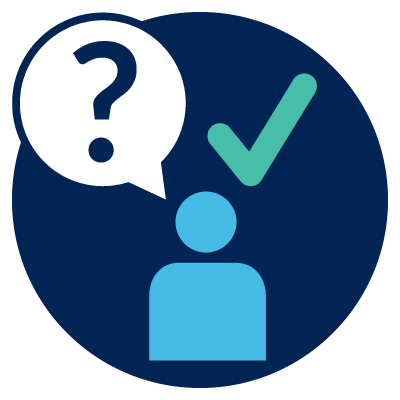
You can ask the employer for more information if you don’t know how to answer a question.
This can show them that you are happy to learn.
You can also ask them to come back to a question later.
This can give you time to think about your answer.
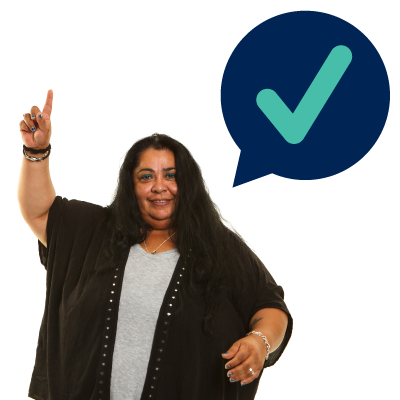
You should try to be When you are confident you believe in yourself and know what you can do. when you answer.
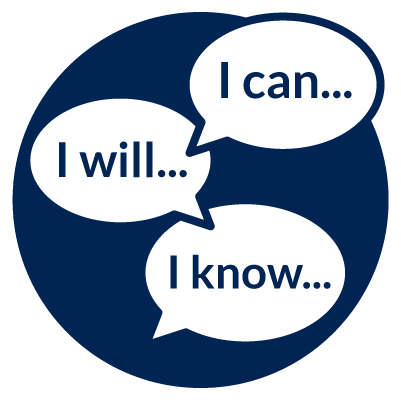
You can start your sentences with:
- I can …
- I will …
- I know …
This makes your answers sound strong.
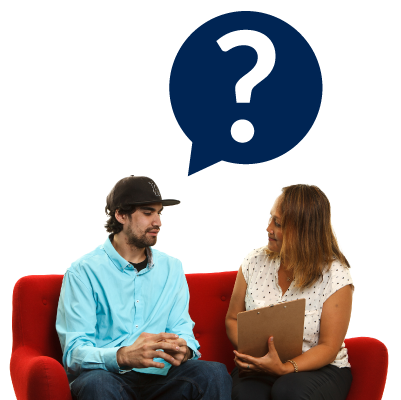
You can also ask the employer questions.
You can use the interview to learn more about the job.
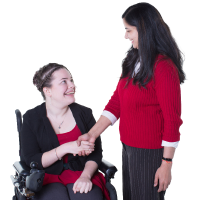
Thank the employer for their time at the end.
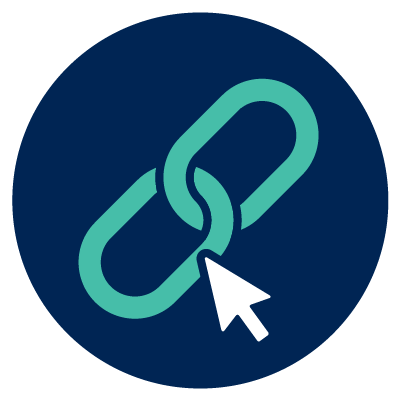
You can find out more on our page about talking about your disability at an interview.
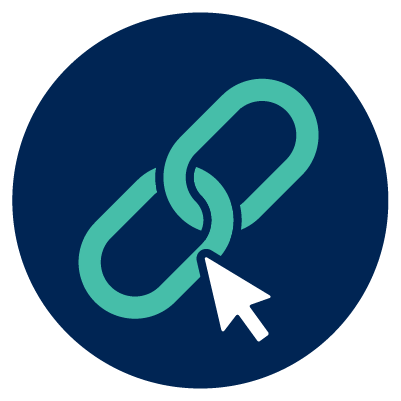
You can find out more on our page about what employers can ask at an interview.
Explaining times when you haven’t worked
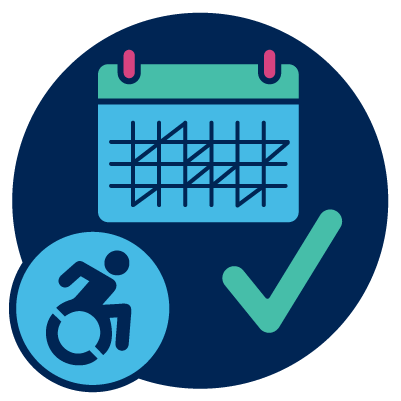
It’s normal for people with disability to not work all the time.
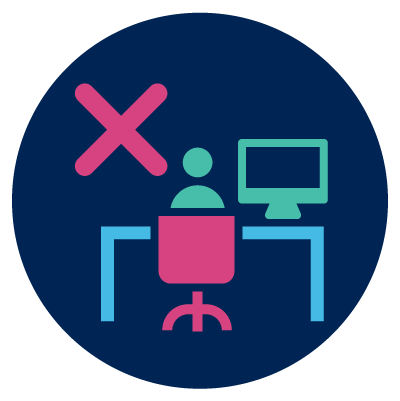
An employer might ask what you did when you weren’t working.
You can tell them if you didn’t work because of your disability.
But you can tell them that you are ready to work now.
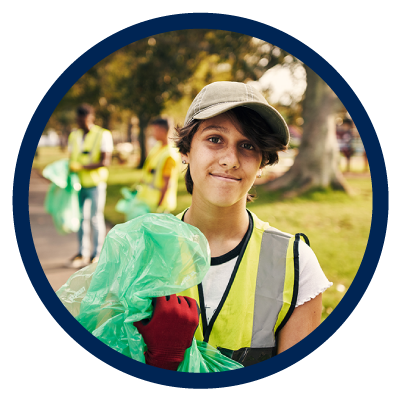
You can also tell them about other things you did when you weren’t working.
For example, if you studied or did any When you are a volunteer, you work but you don’t get paid. Volunteers usually do work that helps other people. work.
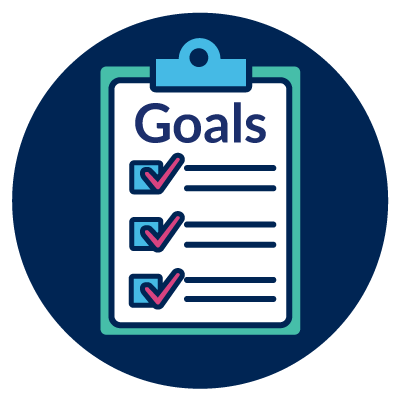
You can tell them about your goals.
And how this job will help you work towards them.
After the interview
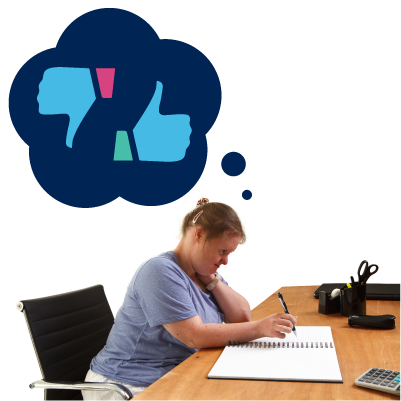
You should think about what went well in the interview.
And you can write down what you could do better next time.

Each time you do an interview you will get better at it.
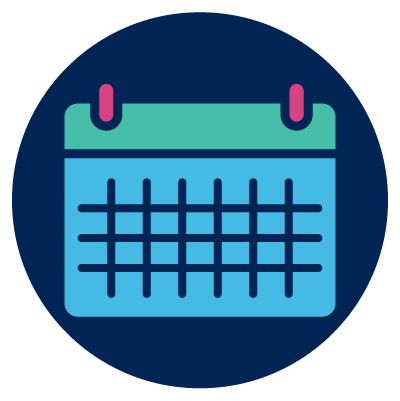
The employer might take some time to choose who they want for the job.
They might take a few days or weeks.
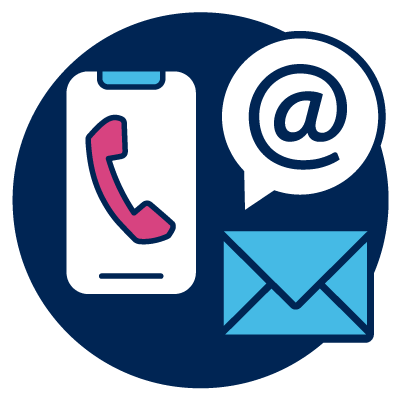
If you think it has been a long time, you can ask the employer to tell you how they are going.
You can call them, or send an email.
What if you don’t get the job?
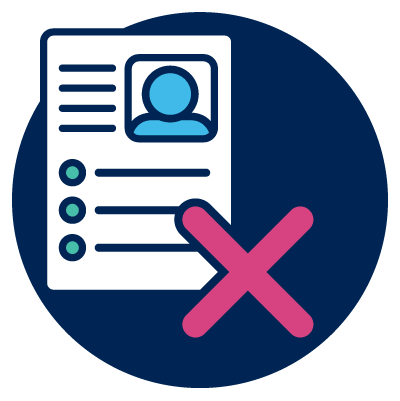
You might not get the job.
And that is okay.
There can be many reasons why the employer might give the job to someone else.
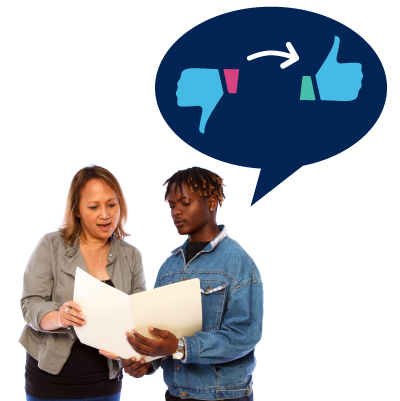
You can learn from the experience to help you next time.
You can ask them to tell you what you:
- did well
- can do better next time.

Sometimes an employer might think of you for a different job later.
